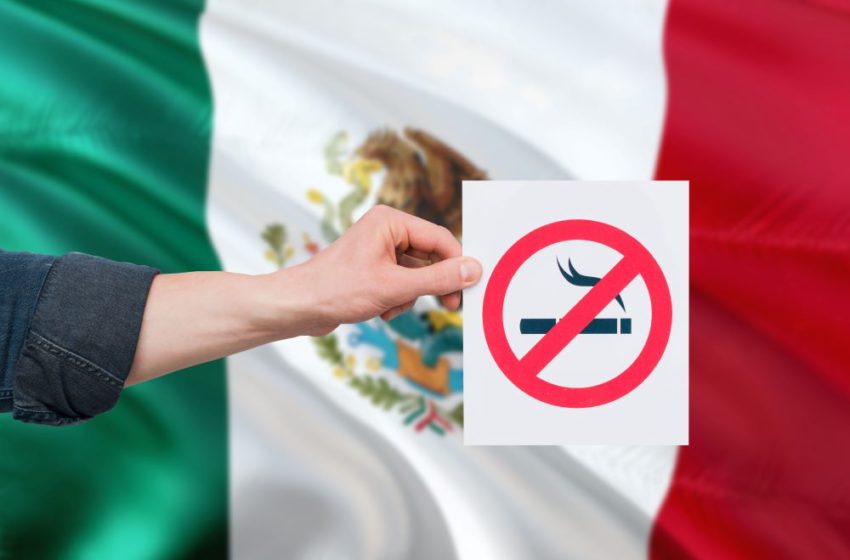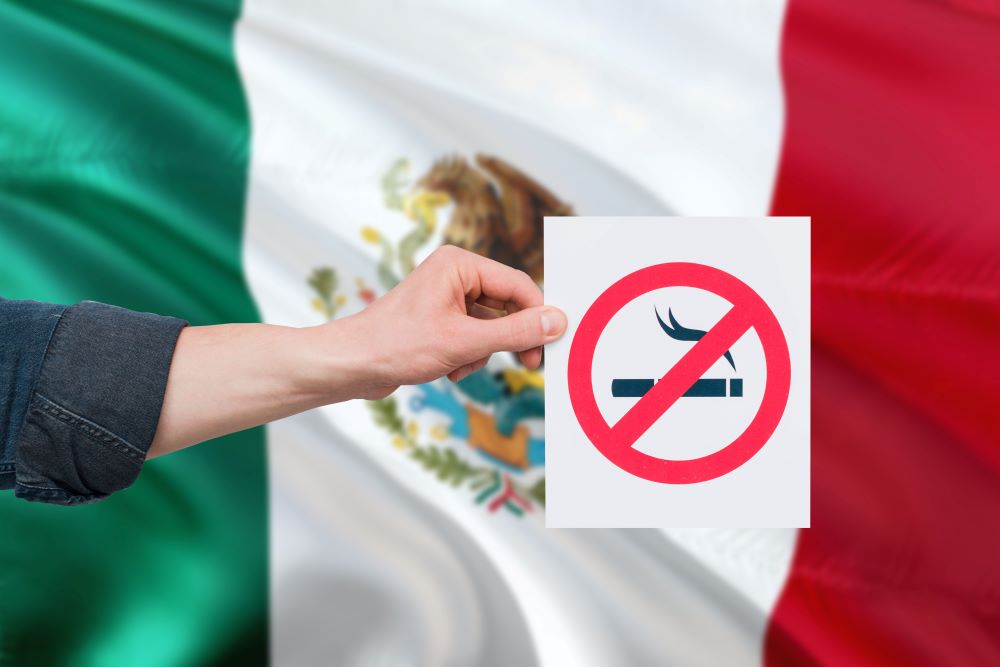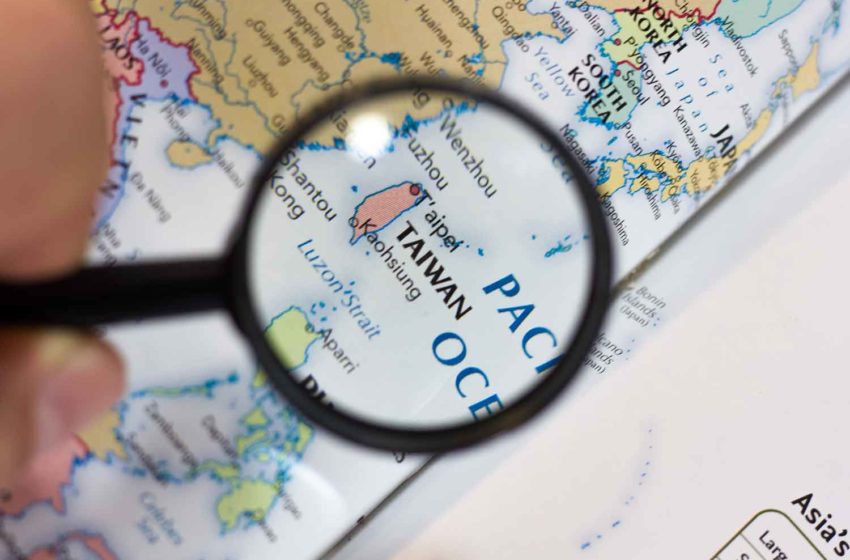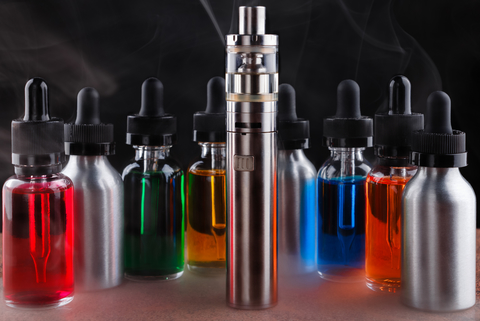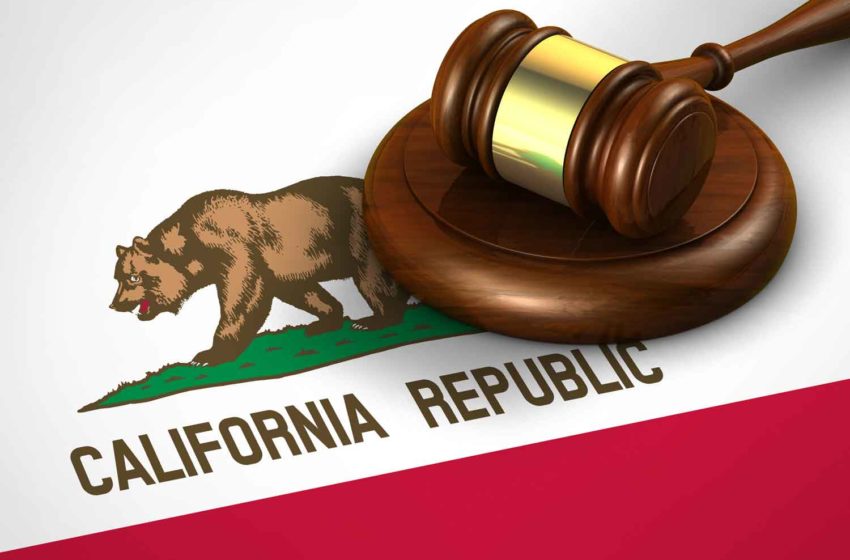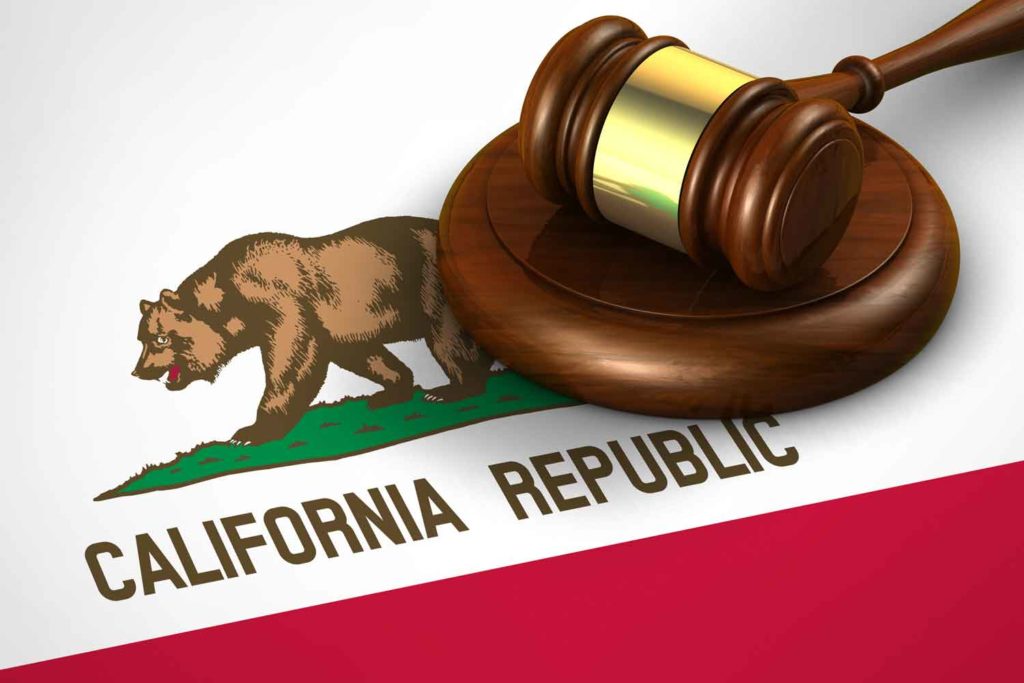The Biden administration released its Unified Agenda and Regulatory Plan for fall 2022, which includes moving forward the timeline for a federal ban on menthol-flavored cigarettes, reports The Winston-Salem Journal.
There are eight rules that address the tobacco industry, and three have “notable changes” from the spring 2022 plan, according to Jain Gaurav, a Barclays analyst. These include: Rules on a menthol ban in cigarettes and flavored cigars have moved to the “final rule stage” versus the “proposed rule stage”; rules to ban characterizing flavors in cigars have also progressed to the final rule stage; and the nicotine cap proposed standard development has been moved from May to October.
“We continue to believe the Food and Drug Administration’s focus is going to revolve around the evaluation of premarket tobacco [product] applications of deemed products, notably e-cigarettes, in the next few months,” Gaurav said.
“The FDA intends to publish a final (menthol) rule by August 2023. We expect a two-[year] to three-year cycle from the day FDA passes any rule to the time such rule survives the inevitable court challenges.
“We don’t expect a menthol cigarette ban from the FDA implemented (if it were to pass) at least until 2026.”
A cigarette menthol ban could have negative impacts on tobacco stocks with a significant U.S. presence, according to Gaurav and other tobacco industry analysts. Menthol cigarettes account for 35 percent of cigarettes sold in the U.S.
“While there is some risk, a federal ban on menthol cigarettes could reduce smoker initiation and potentially be a catalyst that prompts a number of smokers to quit, thereby having some negative impact on cig volumes,” said Bonnie Herzog, Goldman Sachs analyst, “we continue to believe a more likely scenario is for menthol cig users to convert to nonmenthol cig products or to reduced-risk products that have a menthol variant, such as e-vapor.”
It is expected that the FDA will face lawsuits from tobacco manufacturers and anti-smoking groups if the ban goes through because Congress exempted menthol from banned flavorings in traditional cigarettes in the federal Tobacco Control Act in 2009.
In June, the FDA issued its proposal to reduce nicotine content in traditional cigarettes to minimal and potentially nonaddictive levels as early as May 2023.
“We think it will take a decade or longer for the FDA to introduce nicotine caps due to the long nine-step process at the FDA, the inevitable litigation and then the one year given to retailers to get rid of the excess inventory,” Gaurav said.



